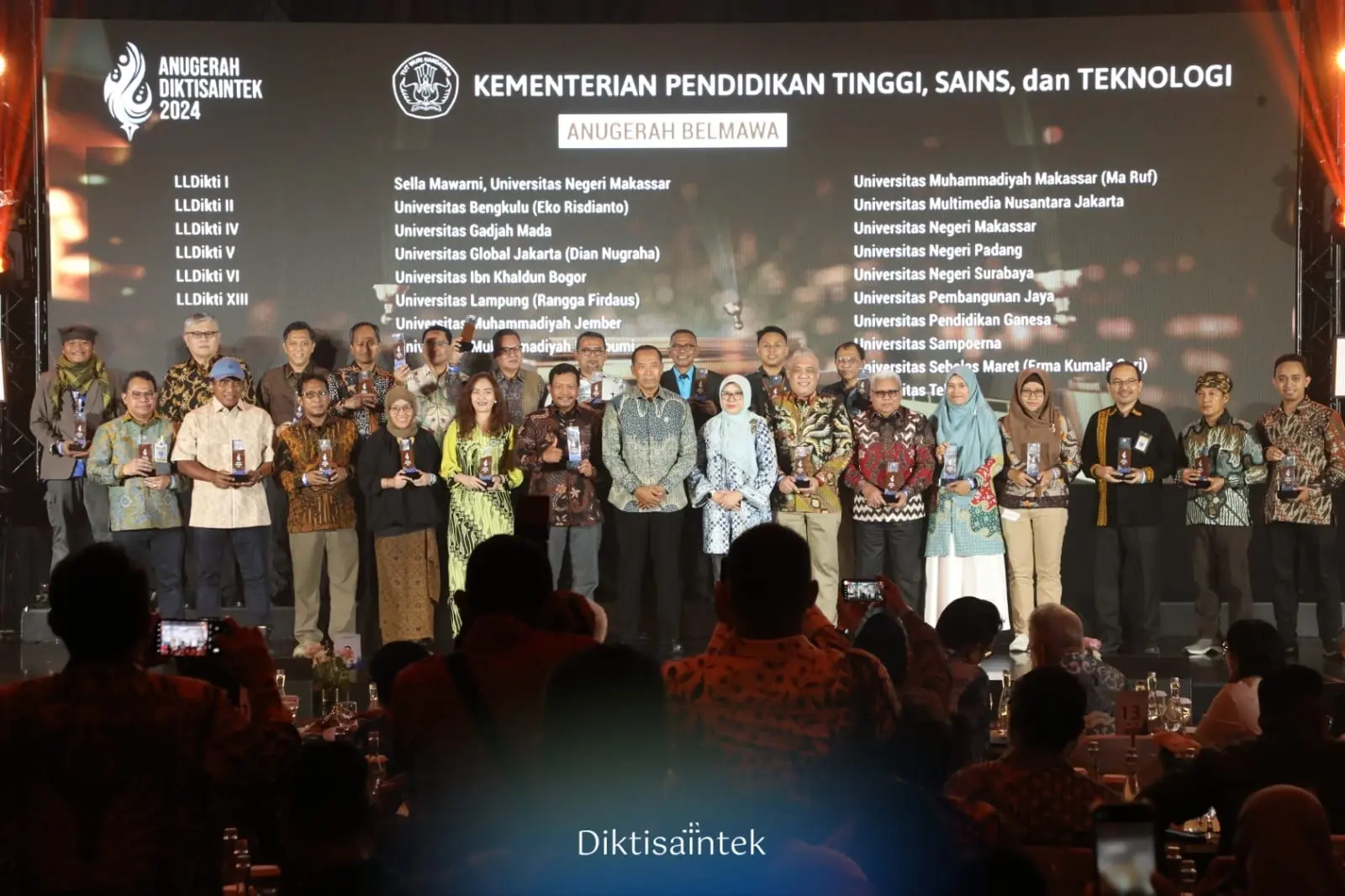27 Oct 2023
How Does A Subscription Business Model Work?
Articles,
Articles - FOB,
A subscription model provides products or services in which customers pay a recurring price, usually monthly or annually, to access and use those offerings. It’s similar to having a gym or a streaming service membership. Instead of making a single purchase, you subscribe to the product or service, and in exchange, you have ongoing access and frequently receive updates or new features as long as you pay the monthly price.
This concept is widely utilized for various purposes, including streaming entertainment, software programs, publications, and meal kit deliveries. Subscriptions give businesses a more consistent revenue stream, and they provide customers with ease and the opportunity to access or use anything without a hefty upfront fee, making it a popular way to consume many modern services and products.
Types of Subscription Business Models
Various subscription models are geared to specific sectors and client demands. Here are several examples:
1. Subscription Model for Consumables
Subscribers receive frequent delivery of consumable products such as food, coffee, or toiletries. This concept is used by companies such as Blue Apron and Dollar Shave Club.
2. Product Subscription Model
Customers sign up for regular deliveries of physical or digital products. Examples are subscription boxes for cosmetics, snacks, or books, as well as software updates or cloud storage services.
3. Paywall Model
A paywall restricts access to premium content in this model, which provides limited access to content. For online stores, several newspapers and periodicals use this method.
4. Software as a Service (SaaS)
SaaS subscriptions allow on-demand access to software applications and solutions. Microsoft 365, Adobe Creative Cloud, and different project management tools are famous examples.
5. Subscription Model for material
In this model, users charge to access material such as movies, TV shows, music, or news articles. This strategy is frequently used by streaming services such as Netflix, Spotify, and online publications.
6. Subscriptions to communities and forums
Some websites and platforms offer premium subscriptions to access unique content or interact with a community. Patreon is an example of a website where fans may support their favorite creators in exchange for exclusive content.
7. Subscription Box Model
These are product-curated boxes distributed to subscribers regularly, usually with a particular theme or niche. Birchbox (beauty products) and Loot Crate (pop culture stuff) are two examples.
8. E-learning and education Subscriptions
Subscription models are standard in online courses and educational platforms, allowing access to a library of classes or educational resources.
9. Utility Subscription
concept entails subscribing to vital utilities like power, water, or internet connection. Customers pay a monthly charge to use the service.
10. Subscriptions for Professional Services
Some professionals, such as lawyers or consultants, offer subscription-based services to clients, ensuring consistent access to their skills.
These are only a few examples, and firms are constantly innovating and developing new subscription models to meet changing consumer tastes and market demands. Subscriptions provide customers and businesses convenience, predictability, and value, making them a popular business model in today’s market.
How Subscription Business Models Work?

Subscription business models allow customers to access products or services in exchange for periodic payments. They usually take the following steps: Customers first select a subscription package that meets their needs, such as a streaming service, software, or a monthly basket of goods.
They pay a monthly charge, but it can also be annual or at other times. In exchange, customers will have ongoing access to the offering and any updates, new features, or content that may be added. This generates a consistent and predictable source of money for the company. Subscribers typically can cancel or amend their subscriptions anytime, offering flexibility.
This model’s success depends on offering value that keeps customers engaged and ensures they find the subscription valuable and accessible. Customers benefit from the comfort of continued access without incurring significant upfront costs, and it frequently gives a more tailored and constantly improving experience.
Entrepreneurship at Sampoerna University
Sampoerna University is a fully accredited university in Indonesia that offers the best choice for those seeking excellent international education. We are a private, non-denominational, non-profit university licensed and certified by the Republic of Indonesia’s Ministry of Education, Culture, Research, and Technology. Formed according to national and international standards, Sampoerna University is qualified to contribute to society through education substantially.
Sampoerna University offers a range of entrepreneurship courses as part of its undergraduate programs. These courses focus on developing entrepreneurial skills, including opportunity recognition, business planning, marketing strategies, financial management, and innovation. Students learn to assess market feasibility, create business models, and develop sustainable business strategies.
We also collaborate with industry partners, start-up incubators, and entrepreneurial organizations to provide students with practical exposure and real-world experiences. Through these partnerships, students can participate in internships, industry projects, and mentorship programs, gaining valuable insights into the business world and entrepreneurial practices. The University emphasizes entrepreneurship as a critical component of its educational approach.
9 of 10 graduates get employed three months after graduation*. Immediately register to participate in the new student admissions process for the 2023-2024 year here. Our Admission Team will contact you soon to provide more detailed information.
Schedule with us whenever you want to visit campus tours on-site or virtual!





